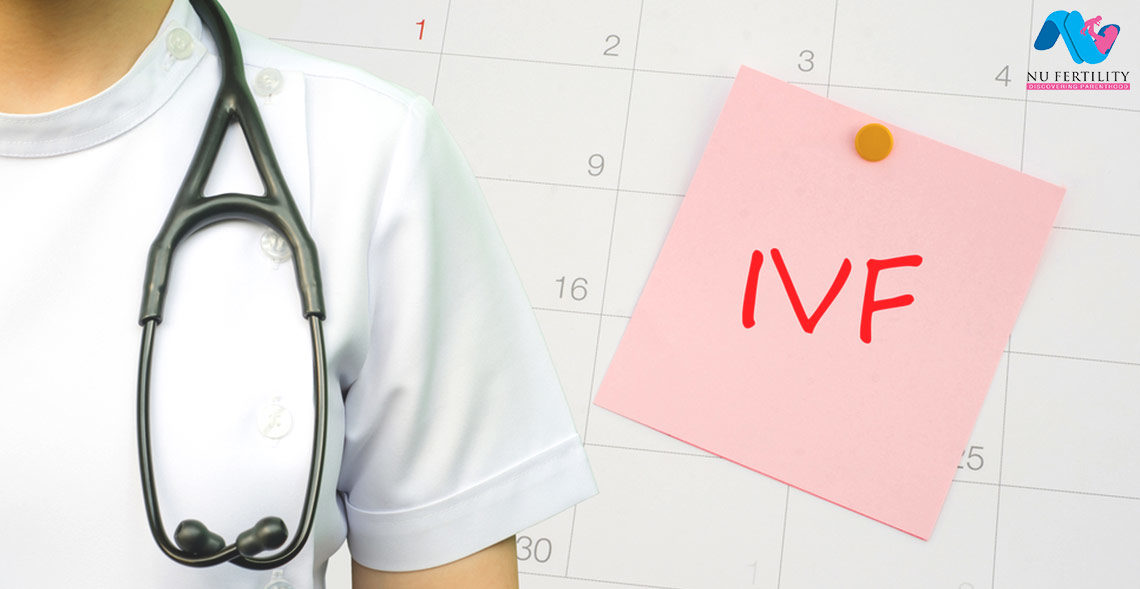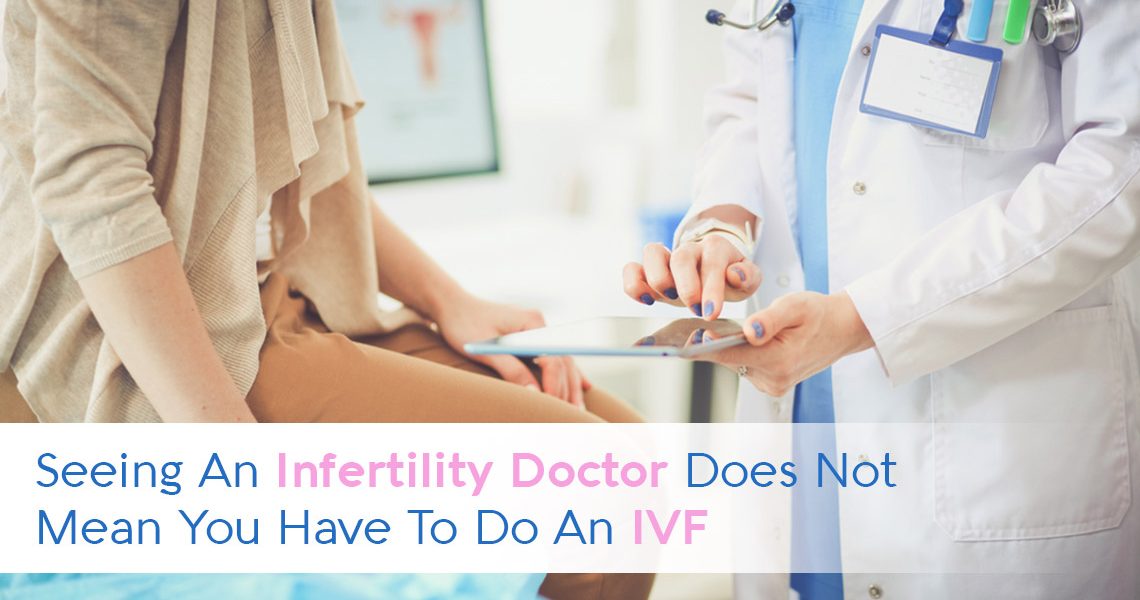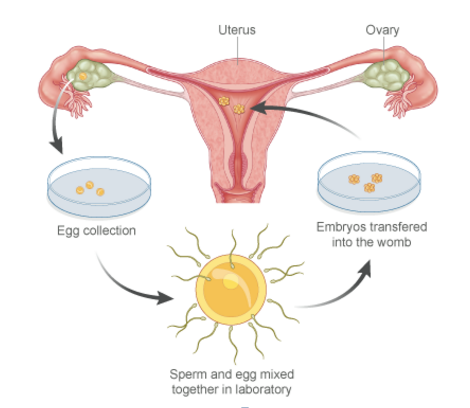Once a couple decides to go ahead with IVF(In vitro fertilization), the next concern is the IVF success rate and to decide when to go for IVF treatment. As we all know IVF has its limitations and a variety of factors influence the outcome. Some of them are under our control and some of them are not.
What is the Sucess Rate of IVF?
The outcome of an IVF cycle depends on the quality of the embryo which in turn depends on the egg quality and the sperm quality. Egg quality is mainly dependent on the age of the woman. As age increases, particularly in the late thirties, the chances of having aneuploid/ abnormal eggs increases.
ICSI( intracytoplasmic sperm injection) can overcome most of the sperm-related problems but severely abnormal semen samples can give rise to poor quality embryos, thereby compromising the IVF success rates. Egg numbers are equally important. Studies show that IVF success increases as the number of eggs retrieved increases up to about 15 eggs. Thereafter there is no further increase in the success.






